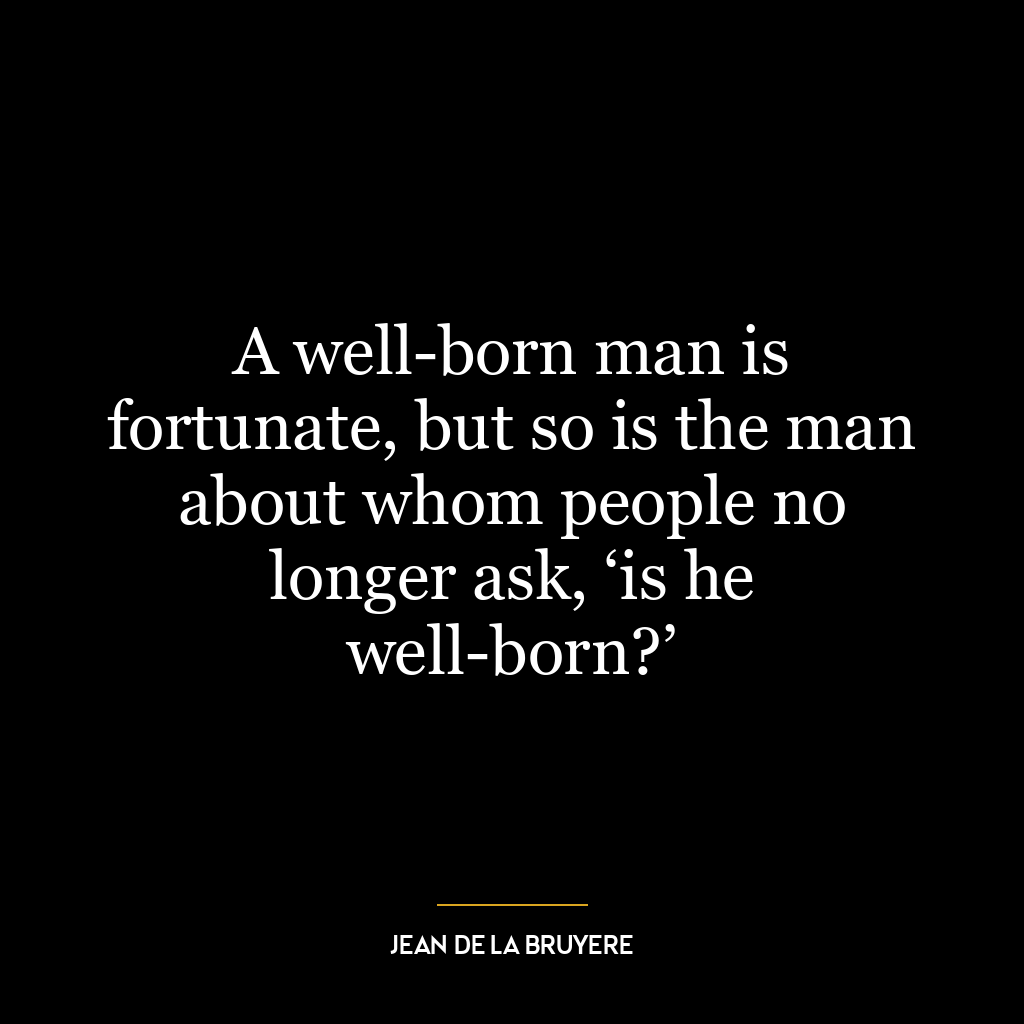This quote is a reflection of the speaker’s belief that his downfall is less a result of external circumstances or “fortune,” and more due to the selfishness and lack of gratitude of those he fought alongside. Essentially, it is the betrayal and self-centeredness of his peers that have led to his defeat, rather than any misfortune that may have befallen him.
Egotism and ingratitude, as mentioned in the quote, represent two negative human traits. Egotism refers to the excessive concern about oneself without consideration for others, while ingratitude is the lack of appreciation or acknowledgment for help or kindness received. In this context, the speaker feels that his companions were more focused on their personal gains and ambitions, disregarding the collective goal they initially shared. Their lack of gratitude could mean they failed to acknowledge the sacrifices or contributions made by others, including the speaker himself.
Applying this quote to today’s world, it serves as a reminder of the destructive power of egotism and ingratitude in any collective endeavor, whether it be in a business, a sports team, or even a country. Success often requires the combined efforts of many, and when individuals prioritize their own interests over the group’s or fail to appreciate the contributions of others, it can lead to discord, resentment, and ultimately, failure.
In terms of personal development, this quote underscores the importance of teamwork, humility, and gratitude. It’s crucial to remember that individual success is often built on the support and efforts of others. Recognizing their contributions and maintaining a sense of humility and gratitude not only strengthens relationships but also fosters a more supportive and productive environment.
In conclusion, this quote serves as a cautionary tale against the perils of self-centeredness and ingratitude, and highlights the importance of unity, appreciation, and humility in achieving collective goals and personal growth.











![Blind fortune pursues inconsiderate rashness.
[Fr., Fortune aveugle suit aveugle hardiesse.]](https://quotes.guide/wp-content/uploads/jean-de-la-fontaine/jean-de-la-fontaine-785447.png)

